20, January 2022
Africa Cup of Nations: Nigeria impress once more with 2-0 win over Guinea-Bissau 0
After swatting aside Mo Salah’s Egypt, then Sudan, Nigeria entrenched their status as top contenders to win the 2022 Africa Cup of Nations with a confident 2-0 victory over Guinea-Bissau.
Nigeria easily topped Group D with three straight wins – and in this latest match they kept their momentum going with pertinacity and creativity alike.
The Super Eagles dominated possession in the first half but lacked a cutting edge as Guinea-Bissau were hard to break down. But a sterling flurry of play in the 56th minute saw Kelechi Iheanacho break down the right and sends a magnificent ball across the box to Umar Sadiq – who tapped it into the net.
The next minute, Moses Simon came on and proceeded to light up the game, with scintillating, evasive runs down the left into the box. One such run saw him outmanoeuvre three Guinea-Bissau defenders before firing at the bar – only for it to bounce back for William Troost-Ekong to knock into the net, making it 2-0 for Nigeria in the 75th minute.
Source: France 24
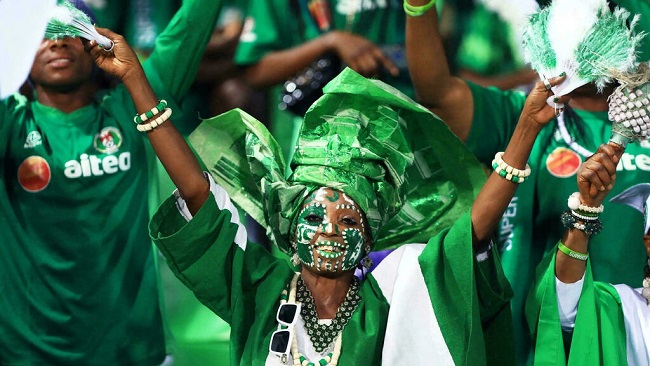
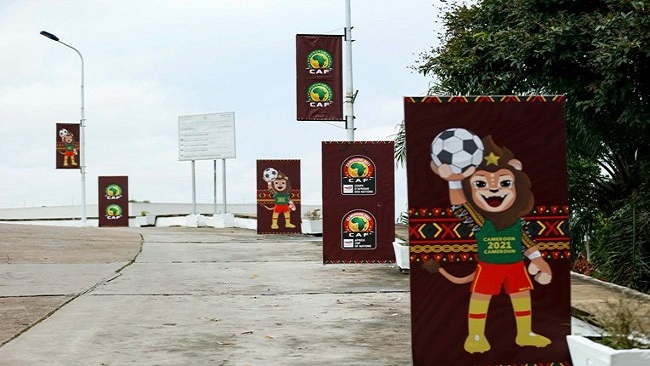
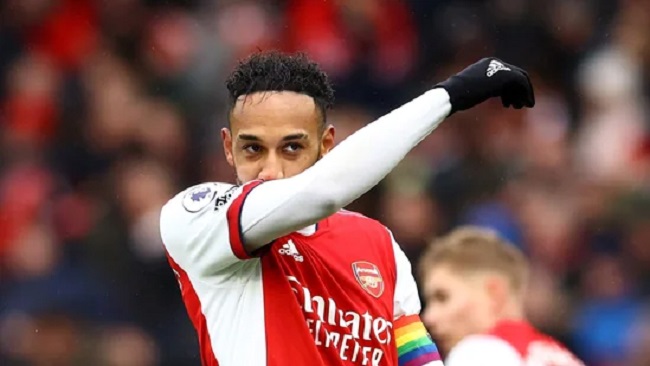
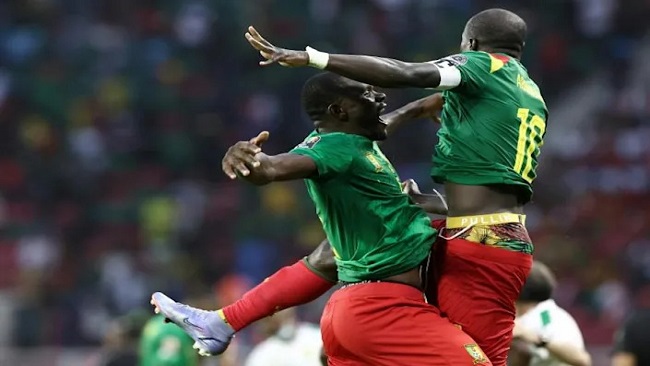
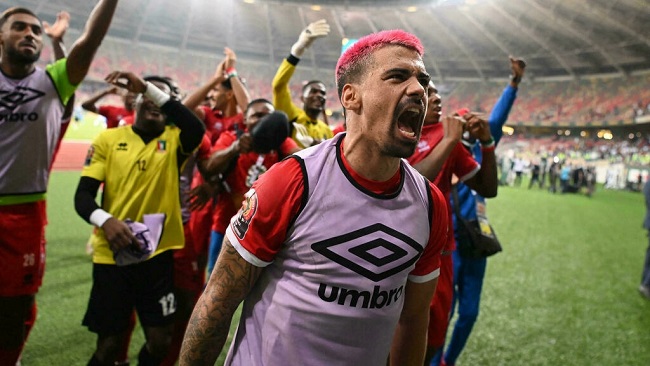
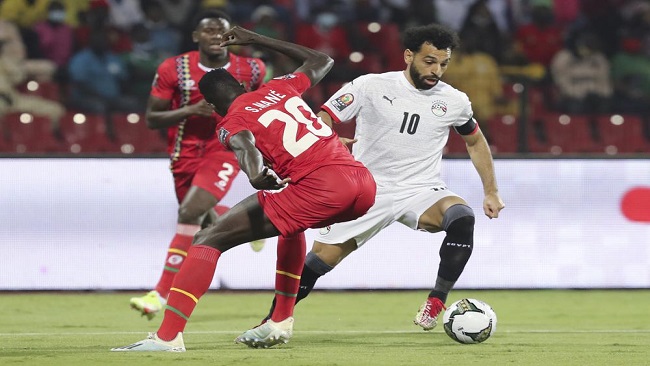

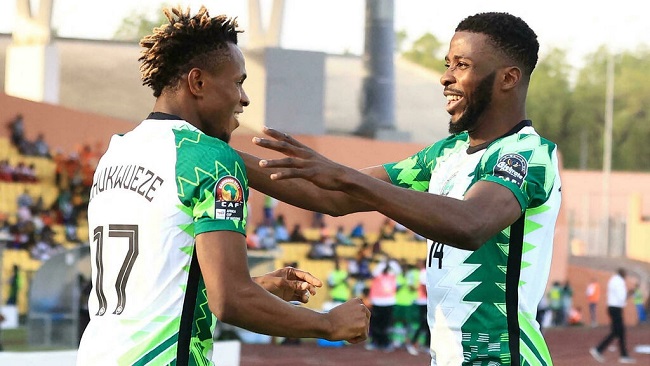
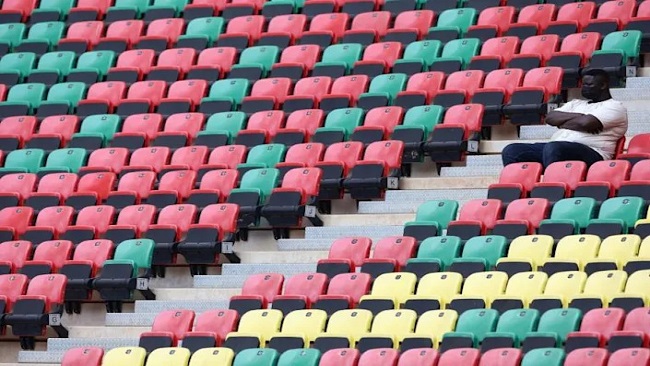
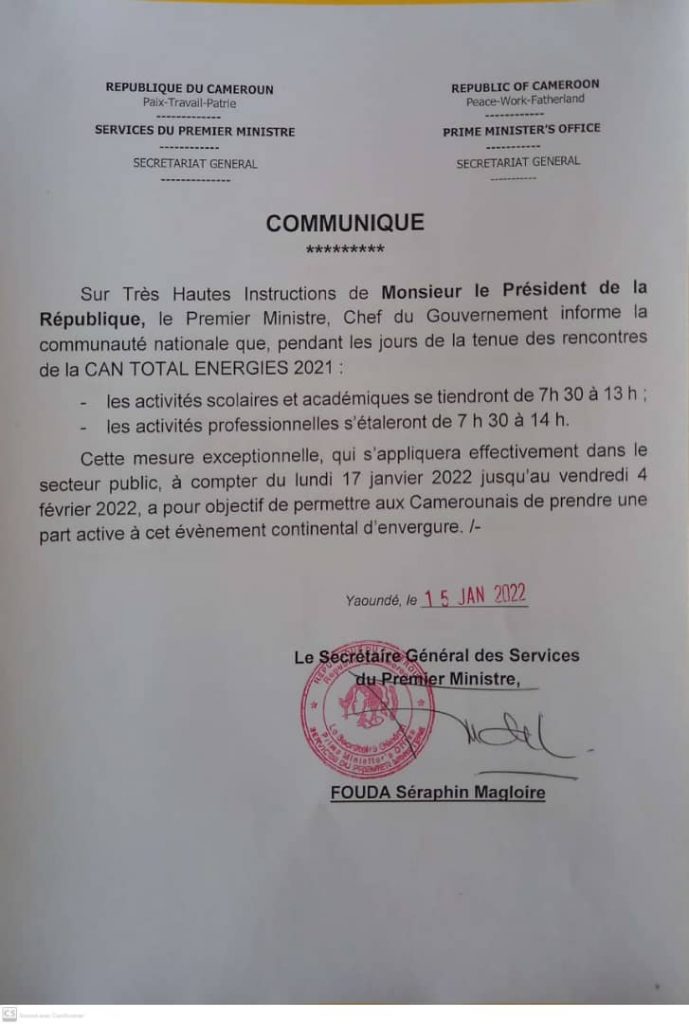
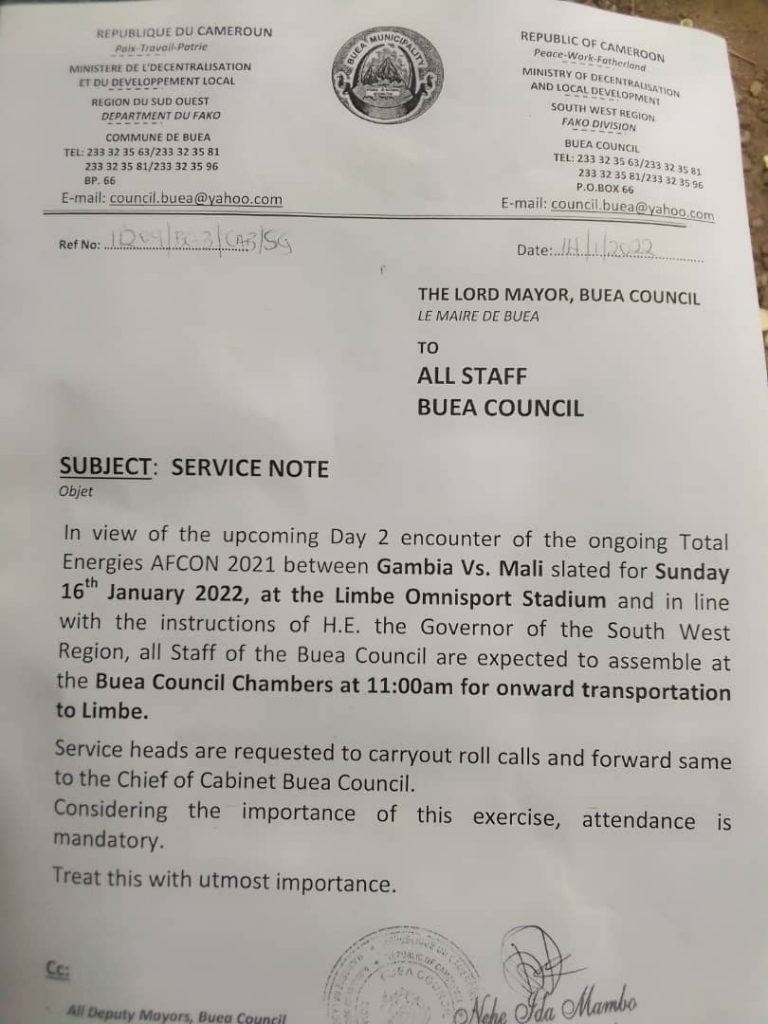

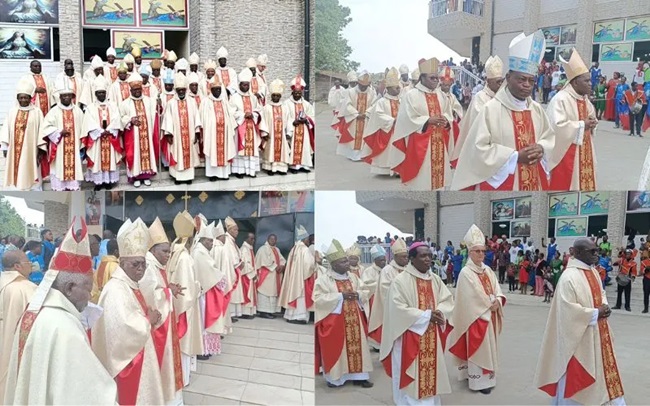








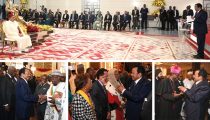







20, January 2022
Political Africa Cup of Nations holding in the middle of ongoing Amba conflict—and is still fighting for the world’s respect 0
Two and a half years later than planned, Cameroon is hosting the Africa Cup of Nations (AFCON). The tournament was moved to Egypt in 2019 over concerns about Cameroon’s readiness in terms of infrastructure, and in 2021, it was delayed because of the COVID-19 pandemic. Cameroon’s hosting privilege has been controversial due to the country’s ongoing conflict, which began in 2016.
Anglophone Cameroonians constitute 20 percent of the population and feel marginalized by the Francophone majority. Cameroonian President Paul Biya speaks only French in public, and his government largely ignored the demands of lawyers and teachers who led peaceful protests against Francophone dominance in 2016. The conflict has since become increasingly violent, and many Anglophones now demand an independent state called Ambazonia.
Although rebels have launched attacks in the Cameroonian towns of Buea and Limbe, which are holding AFCON matches, Cameroon’s military says separatists have not been able to disrupt the games.
Authorities blamed separatists for the killing of a Cameroonian senator last week, and for a video shared on social media platforms in which armed men are seen ordering 15 children in school uniforms to strip naked. Separatist fighters vow to continue to carry out anti-AFCON operations. So far, fighting has deprived an estimated 700,000 students of their education, according to Human Rights Watch.
Some 6.2 million Cameroonians are in need of humanitarian aid, yet most media coverage has centered on the chaotic refereeing during the Tunisia-Mali game and AFCON’s potential disruption of the English Premier League.
On Dec. 10, 2021, the European Club Association wrote to the Confederation of African Football (CAF) threatening to withhold African players over the omicron variant, a decision that would have defied FIFA rules. Clubs also feared losing stars, such as Liverpool’s Mohamed Salah, who plays for Egypt, and Sadio Mané for Senegal as well as Manchester City’s Riyad Mahrez playing for Algeria.
Despite negotiations, Senegal and Nigeria have had to play without England-based stars Ismaïla Sarr and Emmanuel Dennis. It is rarely mentioned that the AFCON has a much longer lineage than the Premier League, which was founded in 1992. “Is there ever a tournament more disrespected than the Africa Cup of Nations?” former England and Arsenal striker Ian Wright said via social media.
As the world’s second-oldest continental tournament, AFCON has always been political. The first ever tournament took place in 1957, as countries began gaining independence from colonial rule under the rhetoric of a tournament for an independent Africa, which would showcase the continent’s ability to organize and maintain its own sporting institutions.
The founding nations were Egypt, Sudan, Ethiopia, and South Africa, though the latter was subsequently dropped for refusing to allow nonwhite players into the national team.
Soccer, argued Ghana’s first president, Kwame Nkrumah, could herald respect for Africa on a global platform. Ghana’s Black Stars went on to win AFCON in 1963—six years after independence. In 1996, host nation South Africa won its first championship with a multiracial post-apartheid team. CAF opposed FIFA World Cup’s allocation of one place shared between Africa and Asia well into the mid-1960s. It wasn’t until 1970, after Africans boycotted the 1966 games, that Africa and Asia were allocated separate places at the World Cup.
At least in some countries, competition seems to be bringing people together. When Nigeria scored a surprising win against Egypt early in this year’s tournament, “that one goal brought a nation of more than 250 ethnic groups … together,” British Nigerian journalist Aisha Rimi wrote in the Independent. At a time of growing insecurity in Nigeria, she argued, “AFCON serves as a reminder that there is something good that can come from the country.”
Culled from Foreign Policy